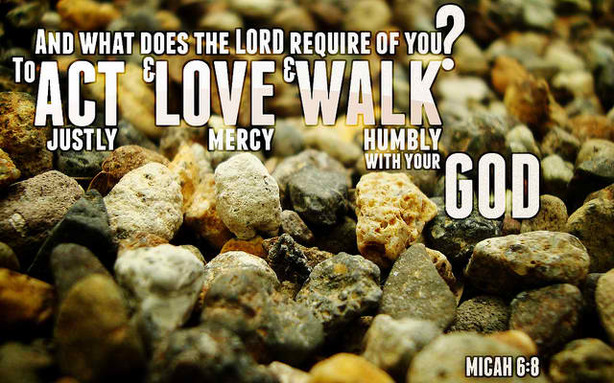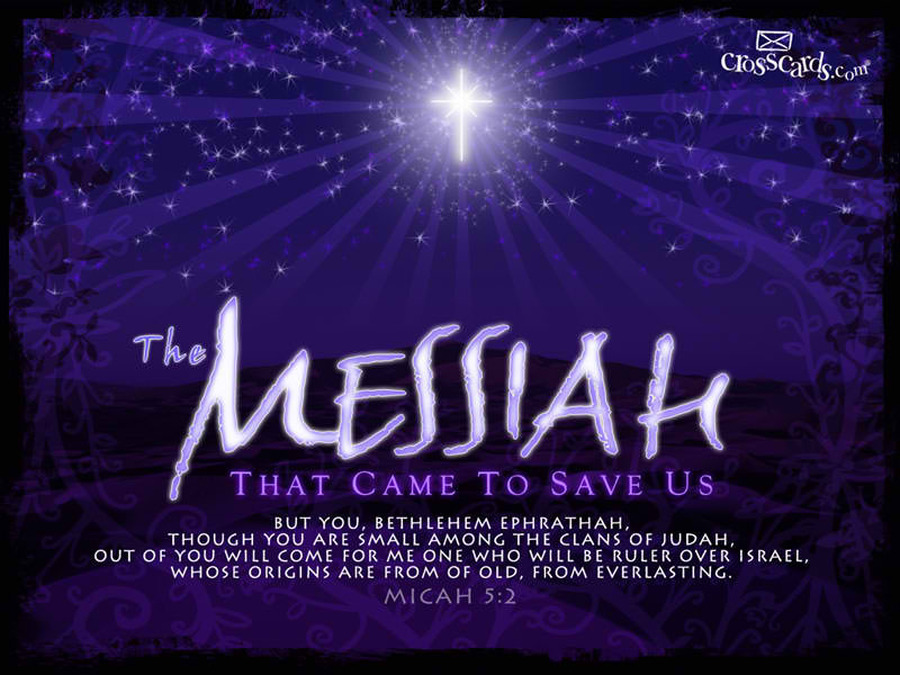The Book of Micah

The book is named after Micah, a shortened form of Micaiah, meaning "Who is like the Lord?" Judah had enjoyed comparative economic prosperity when Micah came on the scene. This prosperity placed wealth and power in the hands of a few and brought with it social injustice.
Little is known about Micah beyond what can be learned form the book itself. He was deeply sensitive to the social ills of his day, especially as they affected the small towns and villages of his homeland. Micah prophesied sometime between 750 B.C. and 686 B.C., and his book was written prior to 686.
Micah's message alternated between oracles of doom and oracles of hope. The theme is judgment and deliverance vy God. Micah also stresses that God hates idolatry, injustice, rebellion and ritualism, but He delights in pardoning the penitent.
Little is known about Micah beyond what can be learned form the book itself. He was deeply sensitive to the social ills of his day, especially as they affected the small towns and villages of his homeland. Micah prophesied sometime between 750 B.C. and 686 B.C., and his book was written prior to 686.
Micah's message alternated between oracles of doom and oracles of hope. The theme is judgment and deliverance vy God. Micah also stresses that God hates idolatry, injustice, rebellion and ritualism, but He delights in pardoning the penitent.

Chapters 1-5 specifically explain the judgment for the wicked nations, "For I will make Samaria a heap of ruins in the open country, planting places for a vineyard. I will pour her stones down into the valley and will lay bare her foundations" (1:6). Then, in chapter 5, Micah miraculously predicts the birthplace of the Messiah in Bethlehem. Also, in verse 2, he teaches that the Messiah is an infinite Savior, from everlasting.
In chapters 6-7, Micah declares what God requires of men, "He has told you, O man, what is good; and what does the Lord require of you but too do justice, to love kindness, and to walk humbly with your God?" (6:8). Micah then proclaims God's restoration and salvation to His people, "Who is a God like You, who pardons iniquity and passes over the rebeliious act of the remnant of His possession? He does not retain His anger rforever, because He delights in unchanging love" (7:18).
continue to Nahum....